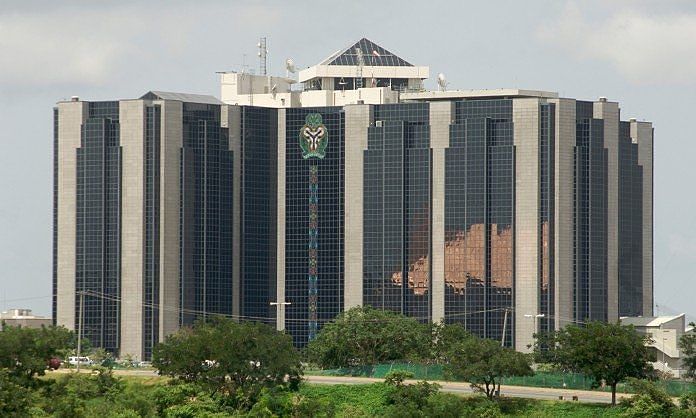The Central Bank of Nigeria (CBN) has significantly reduced its net loans and receivables by N4.145 trillion in 2024, marking a major shift in its lending practices to the Federal Government (FG). According to its audited financial statements, the CBN’s net loans and receivables dropped from N16.122 trillion in 2023 to N11.977 trillion in 2024. Similarly, at the group level, the figures fell from N15.091 trillion to N10.959 trillion, reflecting a N4.132 trillion decline.
The sharp reduction is primarily attributed to a significant cut in the overdraft facility extended to the FG under the Ways and Means provision. This provision, governed by Section 38 of the CBN Act, 2007, permits the apex bank to offer temporary advances to the government to bridge short-term funding gaps, capped at 5% of the previous year’s actual revenue. However, under past administrations, this limit was consistently breached, raising concerns about fiscal discipline and inflationary pressures.
In a bid to address these concerns, the National Assembly approved the securitisation of N22.7 trillion of these overdrafts in 2023, converting them into long-term debt instruments. This strategic move was designed to curb inflation and restore stability in monetary policy.
Furthermore, the FG has made significant repayments towards this obligation, with N7.3 trillion paid back so far. This move reflects the government’s commitment to reducing its dependence on central bank financing and promoting fiscal responsibility.
The CBN’s overdraft exposure to the FG, which stood at N7.948 trillion in 2023, was slashed to N3.268 trillion in 2024, representing a 58.89% reduction. Analysts have linked this development to Governor Yemi Cardoso’s reform agenda, which prioritizes fiscal discipline and a shift away from excessive deficit financing.
This bold step is seen as part of broader economic reforms aimed at stabilizing Nigeria’s economy, boosting investor confidence, and enhancing the autonomy of the apex bank in monetary policy management.

